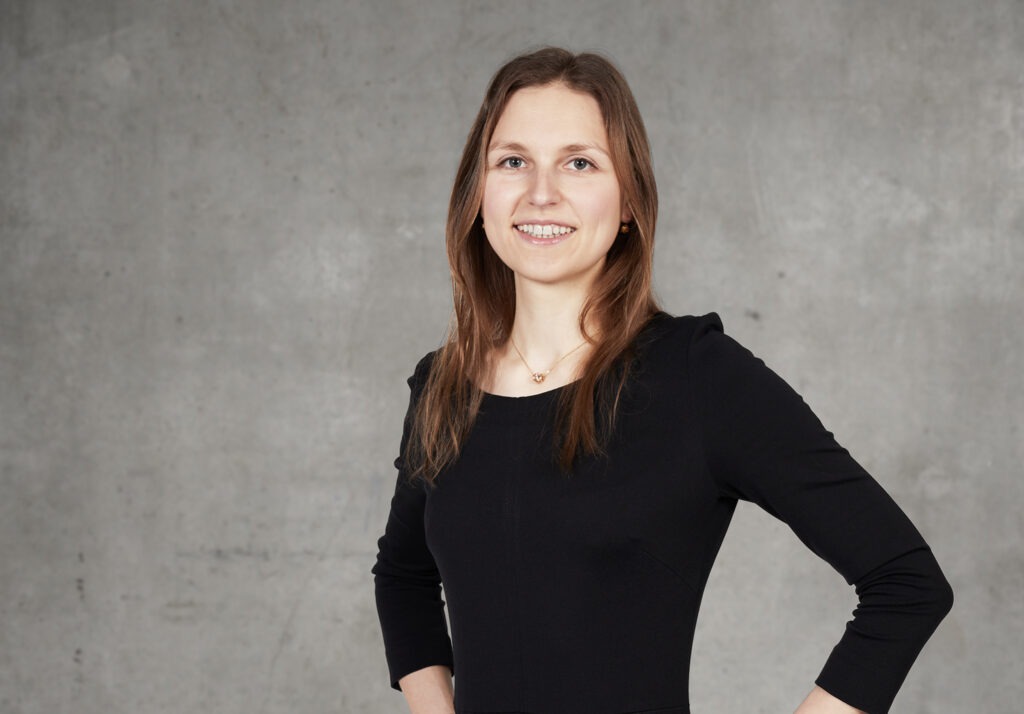In a press statement issued on 25 January 2023, Federal Minister of Construction Klara Geywitz (Social Democratic Party) presented the German Federal Government’s plans for future subsidies for new constructions. The new funding mainly aims at reducing CO2 emissions in the building sector to achieve Germany’s climate goals.
Subject of Funding
From 1 March 2023, the construction and initial acquisition of particularly climate-friendly buildings will be subsidized by more favorable loans. 750 million euros per year deriving from the Climate and Transformation Fund will be made available for this purpose. Funding will be provided for new buildings that meet the high energy standard of a KfW Efficiency House 40 or that are additionally even certified as Sustainable Building Plus (QNG-PLUS) or Sustainable Building Premium (QNG-PREMIUM). The subsidy applies to both residential and non-residential buildings and no specifications are made for the permissible amount of rent.
Credit Terms
For investors — this includes both private individuals and companies — the subsidy is granted exclusively by means of subsidized loans, i.e., loans with an interest rate reduction. Only local authorities are eligible for investment grants. The maximum loan amounts are up to 100,000 euros per residential unit for residential buildings (up to 150,000 euros per residential unit with QNG certification) and up to 2,000 euros per square meter of net floor area for non-residential buildings (limited to a maximum of 10 million euros per project) or, with QNG certification, up to 3,000 euros per square meter of net floor area (limited to a maximum of 15 million euros per project). The loans are available with various maturities and fixed interest rates of different lengths. The interest subsidy from federal funds amounts to up to 4% p.a. of the loan amount with a term of 35 years (for residential buildings) or 30 years (for non-residential buildings) and a 10-year interest subsidy. The loan is granted by the German KfW bank.
Additional Funding for Families Starting Summer 2023
From summer 2023, the subsidy shall be supplemented by a home ownership subsidy for low-income families (annual family income of up to 60,000 euros). The respective funding volume amounts to 350 million euros and the funding shall also be granted via low-interest loans.
Criticism
The media and the construction and real estate industry are largely critical of the new regulations. They regard the total volume of 1.1 billion euros as insufficient and the ecological standards as too high to create sufficient affordable housing. Since non-municipal investors are only granted subsidized loans but no grants any longer, the support is greatly reduced compared with the previous subsidy programs. Geywitz defends the regulations with reference to the limited tax resources and the changed financing situation. While in the past, a further interest subsidy was not attractive, today, the increased financing costs are a particular concern for builders. Geywitz also expressed doubts that the large-scale subsidies of recent years, which almost had the effect of a general construction subsidy, had been spot-on. Whoever builds today must build “ecologically ambitious”.
Outlook
In view of the limited funding volume — both overall and for the individual building project — and the raised ecological hurdle of an Efficiency House 40 standard (previously, new buildings with the lower energy standard EH 55 were also funded), significantly fewer investors are likely to benefit from the funding for new buildings in the future and it will hardly be possible to offset the drastically increased financing and construction costs. Moreover, the subsidy only applies to new buildings so that no further incentive is created for the energy-efficient refurbishment of existing properties. It is unlikely that this will make up for the considerable backlog in residential construction.
Contact:

Dr. Dorothea Wittek
Associate
+49 (0)40 696 39 15-21
dorothea.wittek@reius.de


